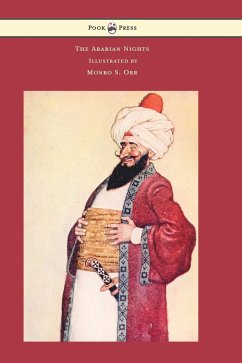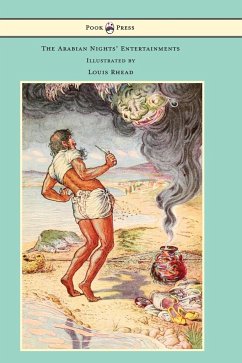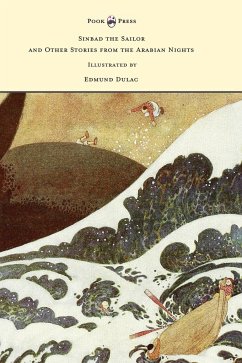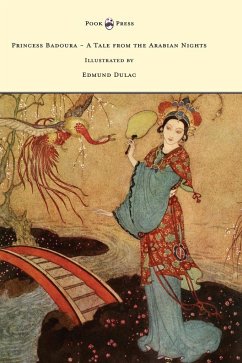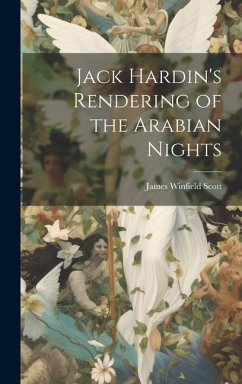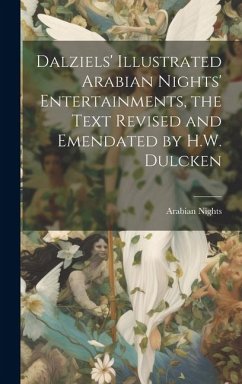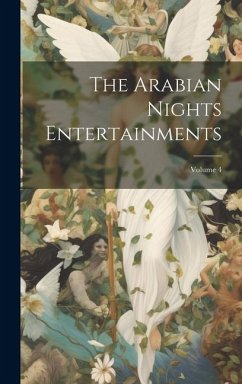
The Arabian Nights - Illustrated by Walter Paget
Versandkostenfrei!
Versandfertig in 1-2 Wochen
92,99 €
inkl. MwSt.
Weitere Ausgaben:

PAYBACK Punkte
46 °P sammeln!
This is W. H. D. Rouse's 1863 English-language translation of "One Thousand and One Nights", a collection of South Asian and Middle Eastern folk tales compiled during the Islamic Golden Age. It was anthologised over hundreds of years by a variety of scholars, authors, and translators across Asia and North Africa, with the stories having roots in medieval Persian, Arabic, Mesopotamian, Jewish, Indian, and Egyptian folklore. Exquisitely illustrated by W. H. D. Rouse, this classic collection would make for perfect bedtime reading material and is not to be missed by lovers of folklore and classic ...
This is W. H. D. Rouse's 1863 English-language translation of "One Thousand and One Nights", a collection of South Asian and Middle Eastern folk tales compiled during the Islamic Golden Age. It was anthologised over hundreds of years by a variety of scholars, authors, and translators across Asia and North Africa, with the stories having roots in medieval Persian, Arabic, Mesopotamian, Jewish, Indian, and Egyptian folklore. Exquisitely illustrated by W. H. D. Rouse, this classic collection would make for perfect bedtime reading material and is not to be missed by lovers of folklore and classic fairy tales. Walter Stanley Paget (1863-1935) was an English artist and illustrator whose fantastic work adorned books and magazines in late nineteenth-century and early twentieth-century London. Other notable works illustrated by Paget include: "The Adventures of Sherlock Holmes" (1891-93), "The Hound of the Baskervilles" (1902), and "Thomas Hardy: A Bibliographical Study" (1968). The stories in this collection include: "Sinbad the Sailor", "Ali Baba and his Forty Thieves", "The Story of King Shahriar and Sheherazade", "The Story of the Fisherman and the Genie", "Aladdin and the Wonderful Lamp", "The Enchanted Horse", "The Little Hunchback", "The Story of Ali Cogia, Merchant of Bagdad", "The Story of the Vizir who was Punished", "The Story of the Husband and the Parrot", and many more. Pook Press celebrates the great 'Golden Age of Illustration' in children's literature - a period of unparalleled excellence in book illustration. We publish rare and vintage classic illustrated books, in high-quality colour editions, so that the masterful artwork and story-telling can continue to delight both young and old.






